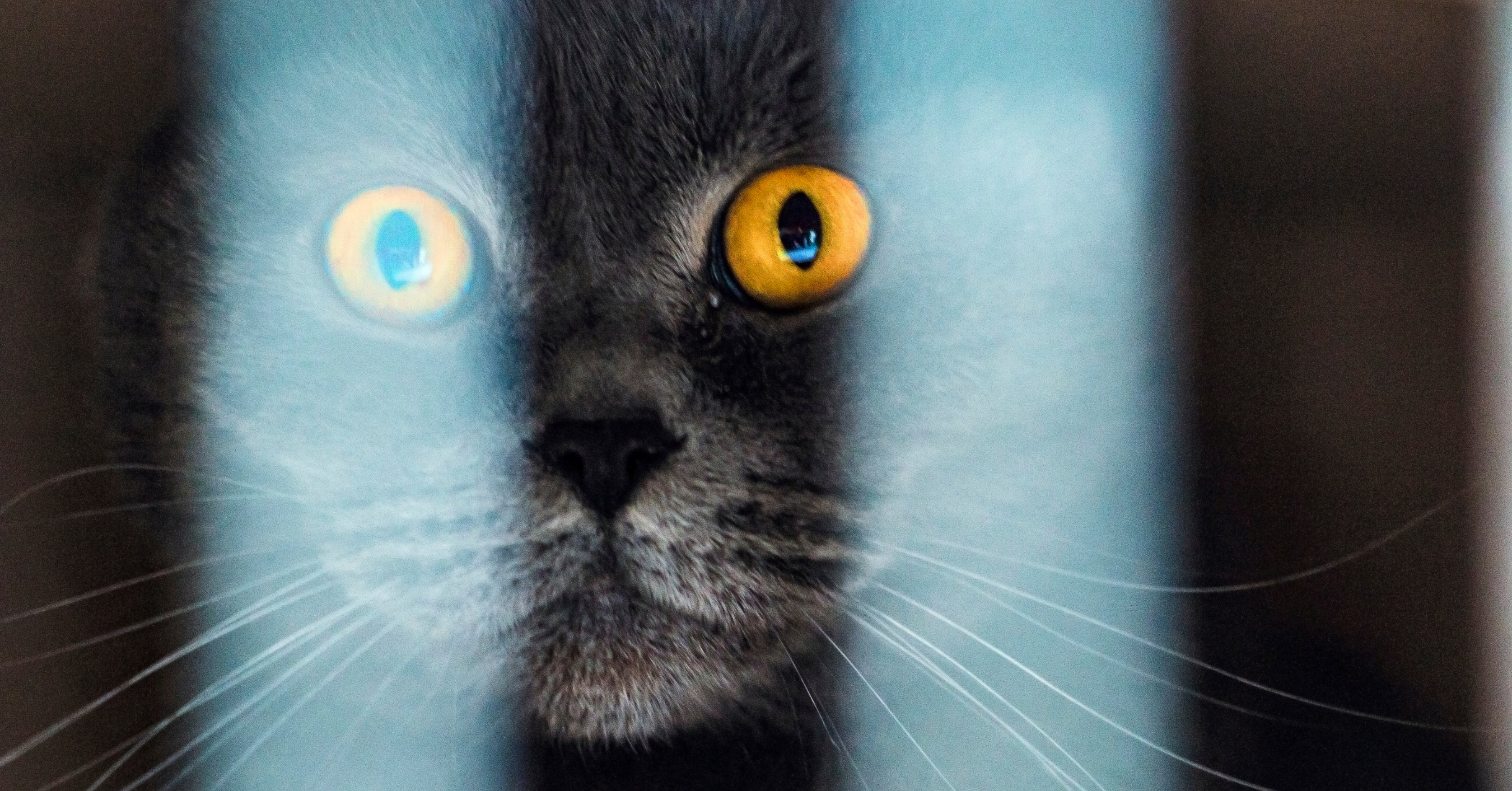
The panic among vivisectors is spreading, and it’s not *just* because of the recent, cage-rattling announcements made by the NIH, EPA, and FDA.
Weeks after the NIH – the world’s largest funder of animal research – announced its plan to cap indirect cost payments on federal research grants, the Department of Energy (DOE) has declared its intent to do the same.
As two of the largest, federal funders of science stand poised to cut off a major financial lifeline for research institutions, the animal research industry is – well – having a fit.
As we’ve previously exposed, animal researchers have long depended on and vigorously defended a deeply broken (but highly lucrative) system that renders animal research and other bad science exceedingly profitable – including through the federal government’s payment of indirect, or overhead, costs not directly tied to the research being funded.
Currently, research institutions often receive $0.30 to $0.75 in indirect cost payouts for every $1.00 in direct research funding they receive – meaning, the performance of any federal grant-funded “science” is hugely profitable for reasons having absolutely nothing to do with the science itself.
Now, the federal government is seeking to cap indirect costs at 15% for the purpose of bettering U.S. science by redirecting billions away from institutional “slush funds” and back into the science itself.
And, tellingly, this is what has the animal research industry up in arms.
The NIH has made its goal clear: it wants to move money from bloated administrative budgets into actual research. Its proposal would immediately free up $4 billion a year currently being funneled into non-scientific overhead – that’s $4 billion that could, instead, support ethical, human-relevant, and effective research. But:
For those who profit off the status quo, that’s a threat. Not to science, of course. But to careers.
Researchers and their institutions are suing both the NIH and the DOE to stop the reforms, while working behind the scenes to assemble a counterproposal – trying to look like reasonable defenders of progress while clinging desperately to power and profit.
What they’re really defending isn’t science. It’s their paychecks.
Even a federal judge recently said the quiet part out loud when she wrote that, if the NIH’s new policy takes effect, “careers” will be “lost”.

This is the real fear driving the legal briefs and press campaigns. The fear that the free ride is slowing down.
For decades, research institutions have built empires on government payouts. They’ve expanded buildings, padded payrolls, and raked in billions all while both exploiting nonhuman animals and denying humans the benefits that would come from actually translational science.
Now, when faced with a long-overdue course correction, they’re mobilizing for war.
Which is exactly what experts have warned us about: any attempt to reduce animal use or cut into institutional profit will be met with fierce resistance – something we’re already seeing playing out in the courts.
Earlier this month, a federal judge issued a permanent injunction that blocked the NIH’s indirect cost cap and set “up the next chapter of what may prove to be a long, drawn-out legal battle….” between the funders of vivisection and the vivisectionists themselves.
This is clearly much more than a bureaucratic squabble. It’s part of the fight over the soul of science.
Indeed, as even former animal researchers themselves have warned, we will not realize an ethical scientific future until we dismantle the corrupt financial incentives that keep animal research alive.
So, when animal researchers claim that science will suffer, we must all hear what they’re really saying: our careers will suffer.
And to that, we should all say: so be it.
Your call to action: Oppose federal funding of animal research by supporting The SPARE Act. Write to your members of Congress now.